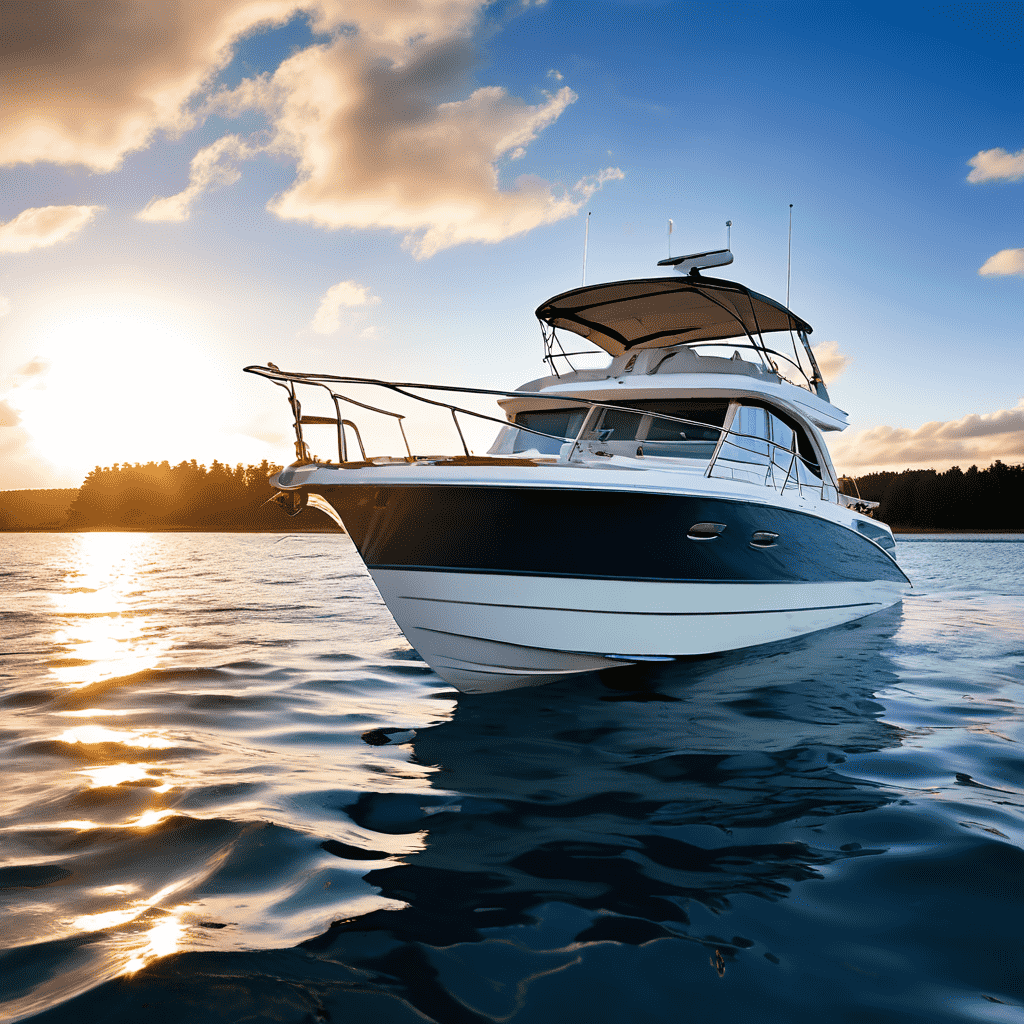Table of Contents
What Factors Steer Your Boat Insurance Costs?

Boating is everyone’s desire but managing that dream comes at very different costs to ensure it happens. Various factors influence your boat insurance costs ranging from type and size of boat, your boating experience, place you use your boat etc. By holding this awareness, the user is better equipped to steer himself in the area of insurance and come up with the right policy.
Boat-Specific Factors That Affect Insurance Costs
The specifics of your boat play a huge role in determining your insurance premiums:
- Type of Boat: Risk: A sailboat may have different risks from a powerboat for instance and therefore may attract a different price. Likewise, an old luxurious car will cost more to insure than a small car used for fishing.
- Size & Value: The size of the boat and its value determines the cost of insurance in this type of recreational vehicle. This is so because in the event of either damage or theft, the amount that has to be paid out is higher.
- Age & Condition: Boats that are a bit older or in a bad shape may also end up getting more rates in an insurance company. On the other hand, new boats with good shapes and sizes could attract lower rates of insurance.
- Engine Type & Horsepower: Boats with a high horse power usually attract higher premiums since the chance of having an accident is high.
- Safety Equipment: Safety gadgets include fire extinguishers, life jackets and navigation lights may help a boat be qualified for discounts.
Location, Location, Location: How Geography Affects Boat Insurance
Where you boat can significantly affect your insurance costs:
- Coastal vs. Inland: Boats located near shorelines are higher in premiums due to the high possibilities of storm, hurricane and corrosion by seawater.
- Coastal vs. Inland: Hulls of boats stored on water and in regions with storms, hurricanes, and saltwater are also more costly to be insured because of their high risks level.
- State Regulations: There are certain states that set some regulations covering insurance of boats which in some manner can influence prices. For instance, Florida requires owners of boats to purchase more liability cover than that may be required by boats of a certain length.
- Local Crime Rates: Boating regions that have high incident rates of theft are likely to attract higher premiums on the insurance costs.
State-Specific Regulations: Navigating the Legal Waters
Every state in the United States has its own standards as to when boat owners need to purchase insurance, so it pays to know what these are. Some common state-specific factors that can affect boat insurance costs. Some common state-specific factors that can affect boat insurance costs include:
- Minimum Liability Coverage: Many states mandate minimum liability coverage amounts for bodily injury and property damage. These minimums can vary widely from state to state.
- Uninsured Boater Coverage: Some states require boat owners to carry uninsured boater coverage to protect themselves from accidents with uninsured boaters.
- Personal Injury Protection (PIP): Some states require PIP coverage, which pays for medical expenses and lost wages regardless of who is at fault in an accident.
Personal Factors That Influence Boat Insurance Costs
Your own boating history and experience can also impact your insurance premiums:
- Your own boating history and experience can also impact your insurance premiums:
- Boating Experience: Clean driving record and experience in boating might help to choose cheaper rates for the insurance policy.
- Claims History: Auto insurance rates Washington dc Occasionally, if you have made previous claims on your boat insurance, your premiums could be high.
- Credit Score: Some states allow insurance companies to make credit score a factor that determines the premium to be charged.
- Boating Safety Courses: This fact might help you save on your insurance, if you have successfully passed the boating safety course.
Charting Your Course: Tips to Lower Boat Insurance Costs
Increase Your Deductible: Choosing a higher deductible means that the insurer will charge you less for your monthly, yearly, or any period of time premium.
Bundle Policies: Comparing other types of your insurance (home or auto insurance) to your boat insurance may also bring some financial benefits.
Ask About Discounts: Ask about low rates for safety equipment, clean (no moving violations) driving records, or boat safety classes.
Shop Around: Before one has to settle for any insurer the brokerage hire should make a comparison for suitable coverage being offered in the market out there.
Maintain Your Boat: Maintaining its condition may minimize risks and bring your risk profile closer to the water.
Hopefully, reading about the factors that determine the cost of boat insurance will help you make better choices, keep your boat protected, and let you have as much fun on the water as you can.
